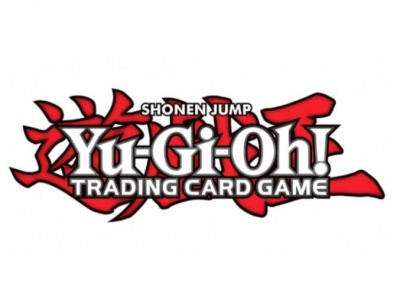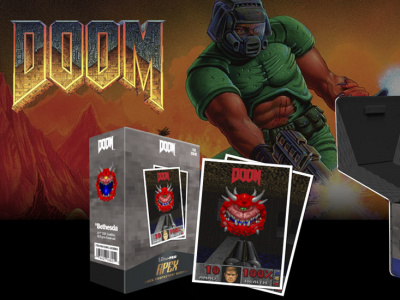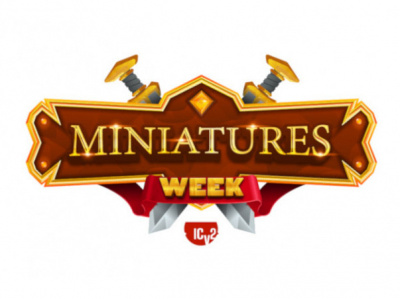 Rolling for Initiative is a weekly column by Scott Thorne, PhD, owner of Castle Perilous Games & Books in Carbondale, Illinois and instructor in marketing at Southeast Missouri State University. This week, Thorne looks at how brand drove crowdfunding projects for a show and a retailer.
Rolling for Initiative is a weekly column by Scott Thorne, PhD, owner of Castle Perilous Games & Books in Carbondale, Illinois and instructor in marketing at Southeast Missouri State University. This week, Thorne looks at how brand drove crowdfunding projects for a show and a retailer.A couple of crowdfunded projects, one that funded very quickly a couple of months ago and one that just funded with 50 hours to go, caught my eye and got me thinking about the importance of branding (again).
For those not familiar with either, an IndieGoGo campaign launched on International TableTop Day to raise $500,000 to fund a third season of Wil Wheaton's TableTop web series. Funders blew past that target, eventually pledging over $1.4 million, making the campaign the most successful one for a video series in IndieGoGo history.
Meanwhile, Black Diamond Games, a respected game shop in California, launched a Kickstarter campaign last month to fund a store expansion, building a mezzanine level above the store's current gaming space. The store sought $25,000 from backers to fund the project and, as of this writing, it had funded with a little less than three days to go (Disclosure: I backed both of these projects.)
Here's how branding comes into play in both of these. Wil Wheaton is widely known within the pop culture community (I just cannot bring myself to call it geek or nerd culture), with an active blog, Tumblr, web series, and over 2.5 million followers on Twitter. Over the years, he has built up this following by saying, writing and doing things that his followers find interesting. A Tweet like "Loud. Noises" gets 131 retweets and 400 likes. Let me emphasize that. A two word Tweet from Wil Wheaton gets 400 likes and it's not even anything like "KINGS WIN." People know what to expect from Wheaton and TableTop and gladly gave money to make it happen. That’s the power of the Wheaton brand. If someone without Wheaton's name recognition had launched a similar campaign, offering similar rewards and stretch goals, likely it would have failed because the lack of name recognition means backers would have little idea what they would get with their money.
Black Diamond Games, owned by Gary Ray, doesn't have near the reach that Wheaton does but Ray and the store are well respected by customers in the California region where the store is located and nationwide with others in the gaming industry. Though the store and Ray do not have anywhere near the reach that Wheaton does, Black Diamond Games has almost 5,000 followers on Facebook and the store blog, "Quest for Fun," is followed by almost 900 people. Once again, people want to hear what Ray has to say (they wouldn't follow him otherwise) and, much like Wheaton, he was able to communicate information about the Kickstarter campaign, one of the first of its kind, to those followers. Those followers know the quality of the operation Ray runs, and based on past experience, expect him to build the sort of expanded gaming space and offer the perks and rewards to backers that are described in the Kickstarter campaign. If Richard Roe, not having this sort of following, had tried to launch a similar campaign to fund a game store expansion, it likely would not have funded.
Could these campaigns have succeeded if run by different, less "familiar" people? Possibly, but doubtful. A strong brand made each campaign much more likely to fund.
The opinions expressed in this column are solely those of the writer, and do not necessarily reflect the views of the editorial staff of ICv2.com.







